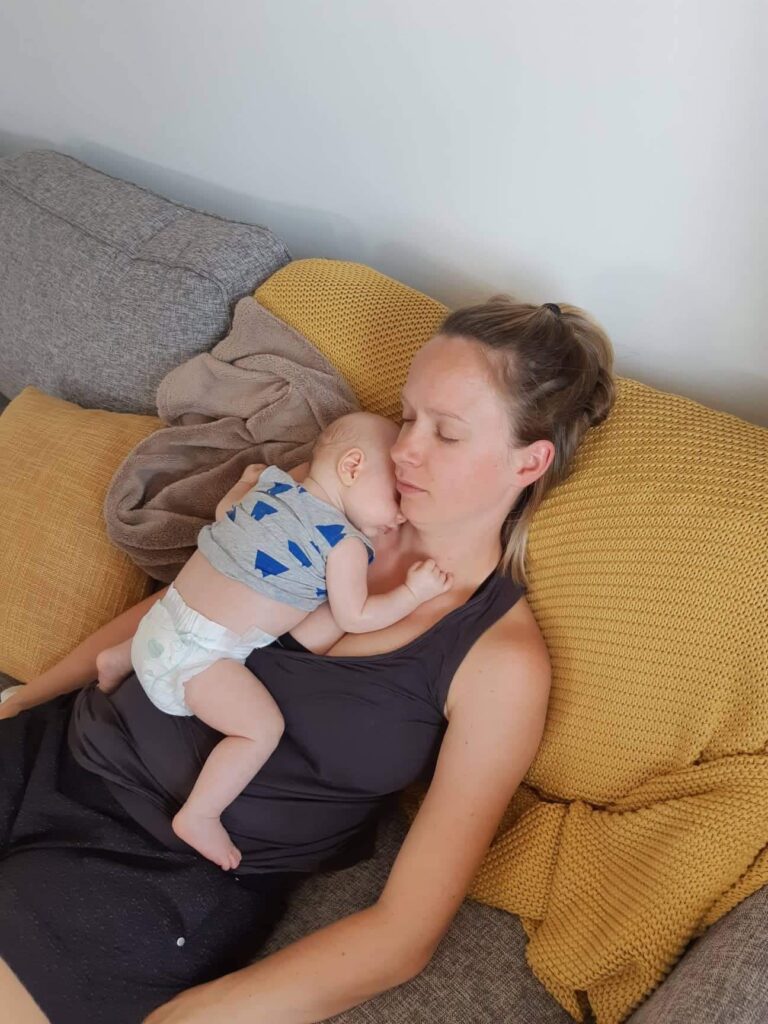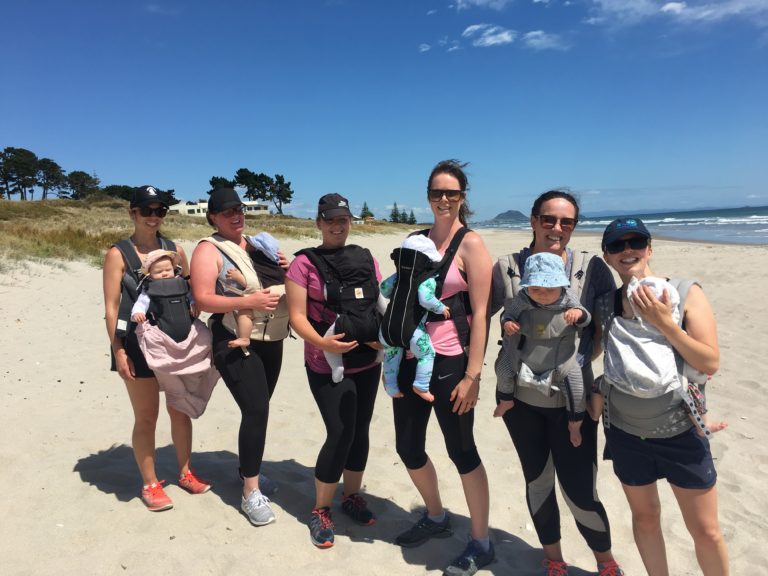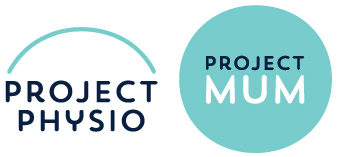When we hear “postnatal recovery”, we tend to think about a bit of Pilates on the floor and a token pelvic floor squeeze, right? Yes, exercise plays a HUGE role in postnatal recovery but there is a whole lot more that is as important (if not more important) in supporting your journey in the fourth trimester and setting you up longer term.
In this blog I discuss a few important things to consider as part of your recovery. This is not an exhaustive list, but things that I know really DO make a difference, from both personal experience and the countless women I have worked with.
Rest
I know it is pretty laughable to talk rest when you have a newborn (and potentially crazy toddlers too), however I cannot stress it enough. Ideally we would have lots of sleep but I know this is a fairytale, so think of it as rest instead. Following a vaginal delivery spending as much time in the first two weeks lying down (horizontal rest) really improves pelvic floor recovery. Following a c-section being horizontal is a bit less importance and upright movement is good for scar healing but rest is still important. As much as you are desperate to be out showing off your delicious new baby, try really hard in those early few weeks to not be super-mum. Doing too much too soon really impacts recovery. Think of it as playing the long game.

Bowel Health
Being constipated is really common in the pre and postnatal period (mostly due to those damn hormones). But constipation puts the healing pelvic floor under a great deal of load which slows recovery and can put you at risk of prolapse. There are lots of simple things you can do to keep your bowels moving well including tweaking fluid/diet, going when you have the urge and using a stool to poo (more info on bowels here).

Gravity on your Body
After pregnancy and birth, our pelvic floor is weakened and can often feel heavy, pressure or low. When we are upright and moving around we put load onto the pelvic floor which makes these symptoms worse. To minimize these feelings, think about the effect of gravity on your body over the course of a day/week. For example on a day where you have a busy morning on your feet walking the dog, going to the supermarket etc., that is the day for a quiet afternoon and not to run around after the toddler at the park. I know this is all well and good in theory, and real life makes this hard. But try to plan your days/weeks so that you spread your “gravity” out and take the pressure off that pelvic floor. It doesn’t have to be like this forever, but if you are mindful of this principle in the early weeks/months, you often feel much better later on. This really is a biggie for me and feel makes the most difference!
Progressing Exercise
Exercise is a vital component BUT it must be a gradual approach. Lots of women think they aren’t allowed to do anything at all, and then at the “magic 6 weeks” they can do everything again. This simply is not true. There are lots of things you can be doing in the early weeks but it should start very small and gradually build up. Take getting back to running as an example. You would start with regular walking, progressing to a walk/run program and then building up the running slowly. The worst thing you can do is go from nothing to a big long run, or head straight for a full gym class without starting off with the basics at home. Slow and steady absolutely wins the race here.

Mental Well-being
We also need to be looking after our minds as well as our bodies to recover (and often mums find exercise especially helpful here). Seek the support you need and don’t be afraid to ask for help. Talk, talk and talk about everything to your support system. Just make sure you “share” but not “compare” your stories. Try to find what fills your cup and make that non-negotiable. This could be coffee and wordle without interruption or your daily walk.
Involve The Professionals
Unfortunately here in NZ, postnatal care is pretty minimal. I would always recommend seeing a Pelvic Health Physio, even if you don’t have concerns, there is lots they can help you with and reassurance is also just as helpful. There are many other professionals too that play a role in this recovery including Postnatal Doulas/Educators, Dieticians, Osteos etc etc. If you are able to seek support on your journey, then do!
Time
No matter who you are or how straight forward your pregnancy/birth was, you still need time to recover. Our hormones need to work out life on the other side and our bones/ligaments/connective tissue need time to regain strength (as well as a whole host of other things!). No supplement or compression garment can speed this up, we just need time. We obviously can’t change the time factor, it is just important to remember about it and not rush. 9 months in, 9 months out and all that!
I think we are all guilty of underestimating the mammoth task it is to make, grow and birth a baby. Plus it is very much our culture for mums just to get on with it once baby is here, the classic kiwi “she’ll be right” attitude. Putting a few simple things in place to support recovery really does have huge impact overall.
Share with your mum and mum-to-be friends to help them maximize their recovery and reach out if you need any further support.
Emily x
Pelvic Health Physiotherapist
If you would like more information on safe return to running, check out these online plans here.
